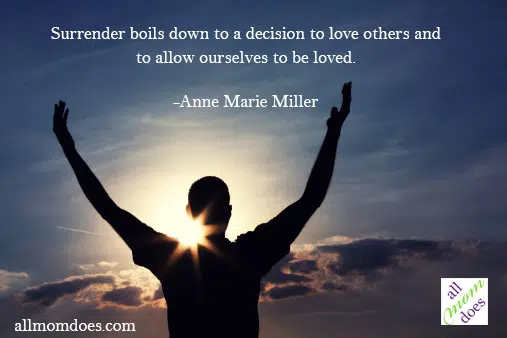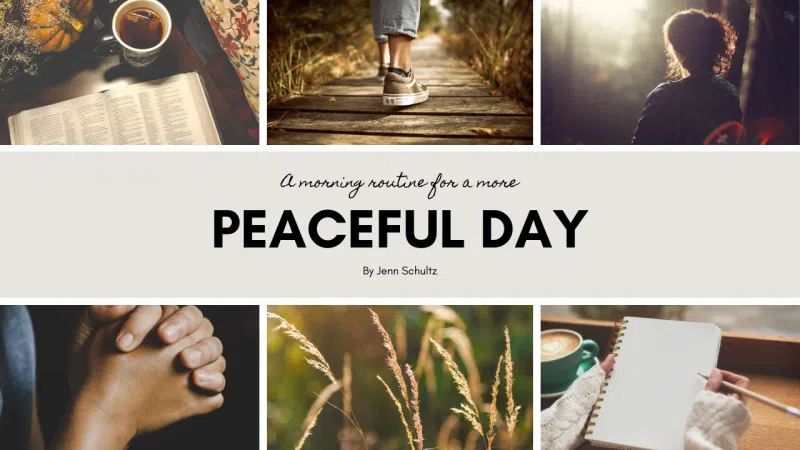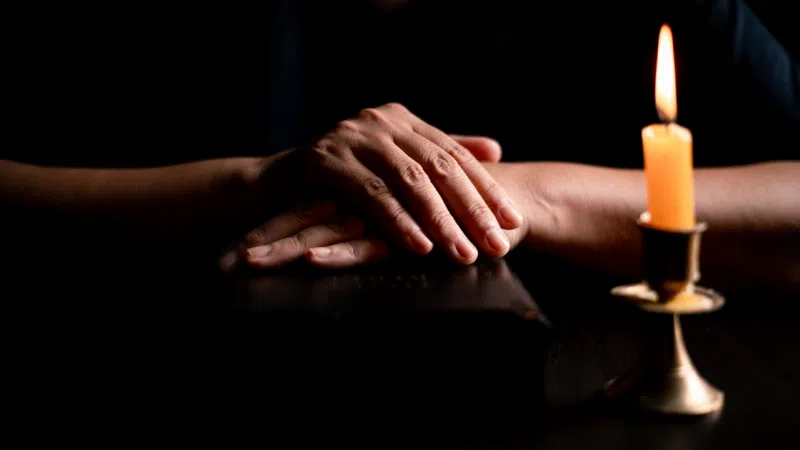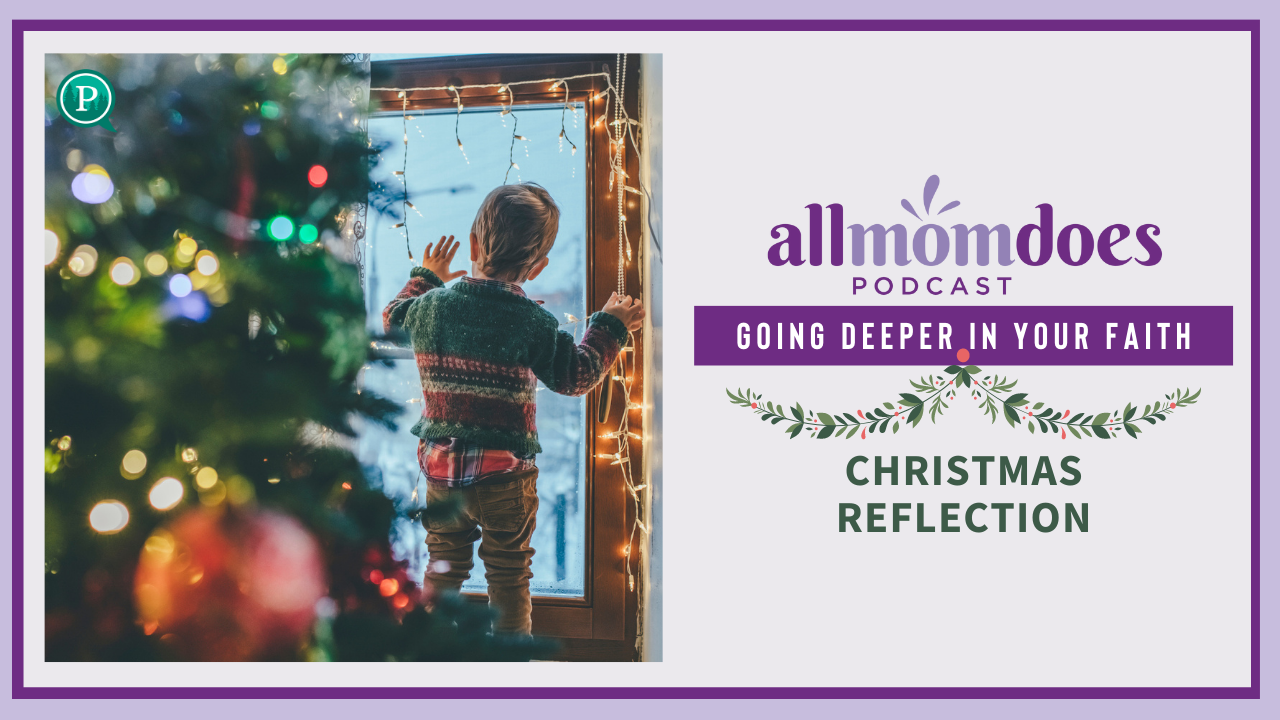I wish there was an easy answer to the question, “How can I form community?” There isn’t. But I’d like to give you one key word I found was vital to my own understanding of community: surrender.
Surrender doesn’t come easily, especially when we’ve been hurt in the past. When we think about giving into something we used to push away from us, we’re met with an internal resistance. It’s easy to justify our actions that keep us walking the line between self-sufficiency and surrender.
No matter where you fall in the scales of theology, we—the Church—are called to unity. None of us will ever agree on everything, but this isn’t about what we believe. It’s about how we love. And it’s about how we surrender to the greater work of unity.
In order to have healthy relationships with God and others, we must surrender. To God, we surrender our desire to live our lives for ourselves. Only by dying to ourselves—our human nature—can we truly live in the identity of who God created us to be. In order to embrace the person we are meant to be, we must let go of the person, the ego, we created.
With others, we surrender our need to be right. We surrender our need to be heard. We trust in the paradox of finding peace in serving instead of demanding to be served and complaining about it when we aren’t.
Someone once said “it’s difficult to offend a humble man,” and I’ve used this to measure my own sense of entitlement. How easily am I offended? That’s usually an equal measure to how prideful I am in the moment.
Pride. Selfishness. Fear. Pain. Lack of trust. Needing to be in control. It’s difficult to surrender for many reasons. But in order to have genuine, Christ-like relationships with others, we all need to mutually surrender. The tricky part of this, and sometimes what makes relationships muddled, is the fact that you can’t force another person to be humble or to surrender. When only one person is living surrendered, the relationship isn’t healthy and interdependent. The person who is living a surrendered life is, by nature, more vulnerable and more open to be wounded than the person who is not surrendered. This doesn’t sound fair, but this is a sacrifice we must accept if we are to choose to live vulnerably and humbly with others. Yes, we must have healthy boundaries with others, but we must not build up walls. We must choose surrender and vulnerability over our fears of being hurt.
When we look at the bottom line of surrender, it boils down to a decision to love others and to allow ourselves to be loved. Surrender requires risk. Dr. Brené Brown, who has been researching vulnerability in relationships for decades, has found some profound realizations that show us that rewarding relationships are often prevented because of our inability to surrender. “In order for connection to happen, we have to allow ourselves to be seen,” she says. “The people who have a strong a sense of love and belonging believe they’re worthy of love and belonging.”
What prevents us from surrendering? “The thing that keeps us out of connection is our fear that we’re not worthy of connection. Have the courage to be imperfect,” she challenges.
Surrender goes against our very nature to be independent. Surrender indicates we willingly choose to rely on others. We must rewire our thinking to recognize that needing another person (and being the person someone else needs) is not a weakness; it only strengthens us.
What are some areas of your life that you need to learn to surrender?
You can enter-to-win Anne’s new book: Lean On Me: Finding Intentional, Vulnerable, and Consistent Community

















